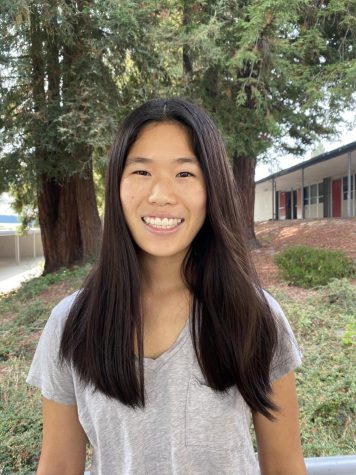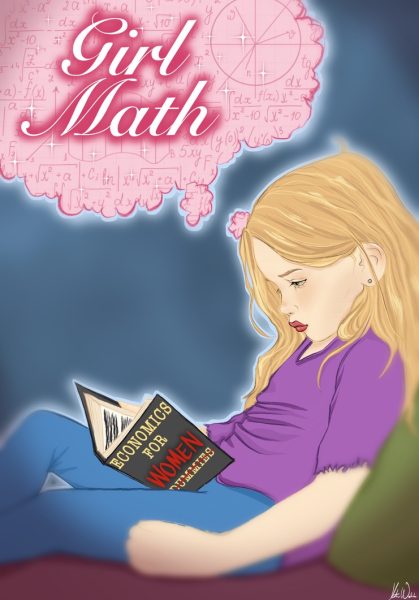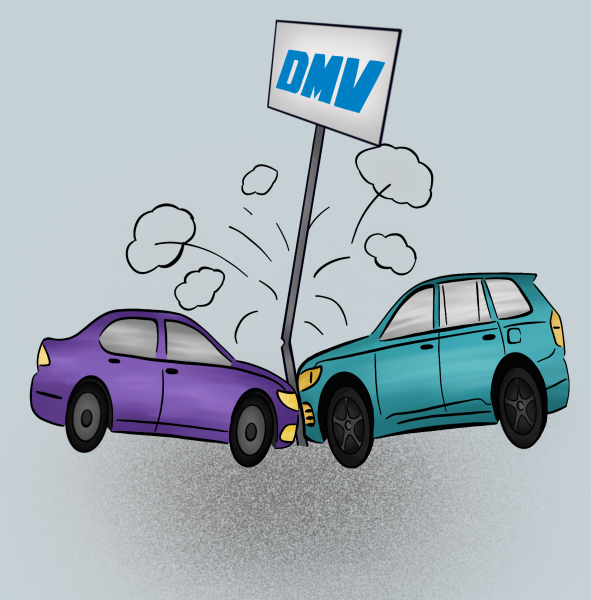Dubious AP Exam Adaptation Increases Inequity
April 7, 2020
People all over America are social distancing in an attempt to flatten the curve of the COVID-19 pandemic. Obviously, jamming 100 or more teens in a room for a 3-hour Advanced Placement (AP) exam would defeat the safety precautions that have been mandated.
In response to this dilemma, College Board announced on March 20 that this year’s AP exams will be 45 minutes long, online, and free-response only. Students will be able to take the exams on a “computer, tablet, or smartphone” and “taking a photo of handwritten work will also be an option,” according to College Board’s website.
Additionally, exams have been pushed back by 1 week, and all students will take the test at the same time. The start time will vary based on the student’s geographic location.
While I am happy that College Board has made an effort to rework AP testing to grant students the chance to earn credit, I am not entirely satisfied with the proposed solution.
1 of my concerns is how this method of testing will deal with academic dishonesty. It has already been proven that not everyone is above cheating and bribing their way into college – consider the Varsity Blues scandal that broke last year. While College Board’s website says that it will “use a range of digital security tools and techniques, including plagiarism detection software, to protect the integrity of the exams,” I am not convinced.
Earlier this year, La Puma published an exposé on the cheating culture at Campolindo. The findings were clear: students cheat. In fact, 87.6% of Campolindo students admitted to cheating within the previous month on the 2019 Stanford Survey of School Experiences.
If students feel comfortable cheating at school, when a teacher is physically in the classroom to administer the test, then can we really expect them to practice academic honesty at home, without the supervision of test proctors?
The fact that these tests will be administered online means that it is unlikely that desperate students nationwide will not cheat, which would throw off the curve for students who actually study, but do not perform as well. This creates an “eat or be eaten” situation, creating even more anxiety.
How do you guarantee that students aren’t texting their friends or searching Google from another device? College Board has announced that the tests will be open book and open note, which raises questions about what will be considered cheating as a whole. Not to mention, hiding behind a screen makes it far easier for students to whip out the big bucks and pay someone else to take the test for them.
Essentially, this year’s AP exams might just be another way for people with money to buy their way into college. And, while our district might be working to achieve equity, this just seems like another way that our education system as a whole is furthering inequity.
AP exams are important – doing well on them can boost students’ applications and help them earn college credit, which will save them money in the future. The complications that arise with College Board’s new modifications are a threat to this.
Speaking of inequity, the coronavirus pandemic has forced the closure of schools in almost every state, according to Education Week, a news organization that has covered K-12 education since 1981, affecting 55.1 million students. While our district has established ways for students to check out devices and use internet hotspots to keep up with distance learning, there are many districts around the country that have not done that, meaning that those students will have a harder time reviewing and keeping up with new material as they are stuck in their homes.
College Board has also announced that the AP exams will only test what most classes have covered through March, and as many schools across the country are not finished teaching all the content, the tests will be comprised of fewer chapters.
While I appreciate that College Board is making adjustments to fit the majority of students, this change doesn’t account for the fact that some teachers do not teach the curriculum in order; the organization’s website even encourages teachers to exercise “flexibility to organize the course content as [they] like.”
In some of my classes, we spent weeks mastering material and study habits for sections that will not be tested in May. This means that we now have to learn the material that we didn’t cover if we want to be prepared for the modified exam. We have wasted time that could have been spent focusing on the content that will give us the best chance to pass.
In addition, 45 minutes is not a fair amount of time to assess a year’s worth of learning. This is not even the amount of time needed to write 1 document-based question essay for most AP history exams. And, the elimination of multiple-choice questions means that the efforts of students to master these tricky problems have essentially gone to waste. For students who perform better on the multiple-choice sections of the tests (and therefore rely on that for at least part of their score), the new policies are unfair.
Last year, multiple-choice questions were worth 40% of the final score for the AP US History exam. In AP Calculus AB and BC, these questions comprised 50% of the score. This year, they’ll be worth 0%. A student who is a multiple-choice master probably would have passed these exams last year, but he or she may not this year.
To test all students in a singular format is unfair. Not every student is a good essay writer, not every student can perform well on multiple choice. In May, the free responders will have an upper hand, and this furthers inequity.
International Baccalaureate (IB), an alternate program that also offers advanced courses and the opportunity to earn college credit, canceled its exams, according to its website.
Instead of making misguided changes to the test format, it would have been better to postpone the exams or cancel them altogether. Maybe colleges could have used grades in AP classes to determine whether or not we receive college credit. This is a better illustration of a year’s worth of learning, which has to be far more accurate than 45-minutes of regurgitating as much information as possible to demonstrate mastery of thousands of pages of information.



